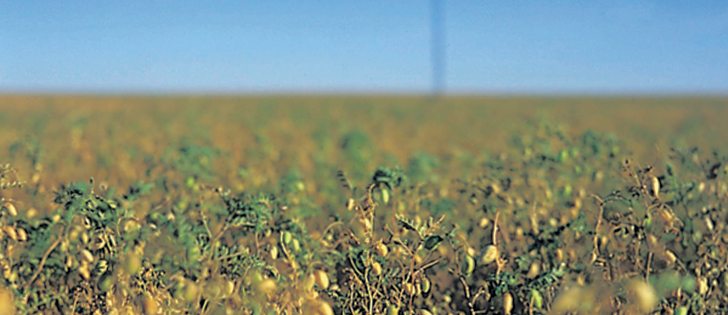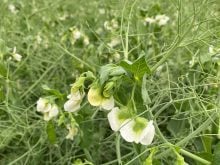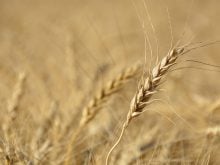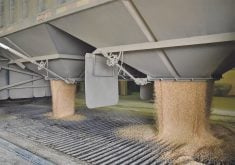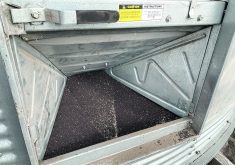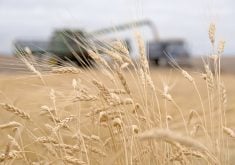The Canadian Grain Commission has announced grading changes that affect wheat, chickpeas and fababeans produced in Western Canada.
As of Aug. 1, 2017, all grades of chickpeas and fababeans grown in Western Canada will have an ergot tolerance of .05 percent, the CGC has announced.
Ergot is a cereal disease that is toxic to people and animals. It does not occur naturally in chickpeas and fababeans, but contamination can occur during handling.
Adding an ergot tolerance for the two crops will help guarantee the safety of Canadian grain, the CGC said in a Nov. 16 news release.
Read Also

Gene editing digs deeper space in Canadian plant breeding
More Canadian research into crop variety development is incorporating gene editing, and one researcher notes that Canada’s regulatory approach to gene editing will help drive innovation
An ergot tolerance of .05 percent is consistent with other pulse crops in the Official Grain Grading Guide.
The commission has also tightened the tolerance for grasshopper and armyworm damage in No. 3 Canada Western Red Spring (CWRS), No. 3 Canada Western Hard White Spring (CWHWS) and No. 3 Canada Northern Hard Red (CNHR) wheat.
The tolerance in those three commodities will be tightened to six percent from eight percent, effective August 1, 2017.
The tolerances for grasshopper and armyworm damage were tightened after research showed that eight percent damage can affect end-use functionality.
The changes are based on recommendations made to the grain commission by the Western Standards Committee at its annual meeting in November.
The commission also reiterated its commitment to continuing to evaluate new technologies for objectively assessing grain for factors such as deoxynivalenol (DON).
Contact brian.cross@producer.com


